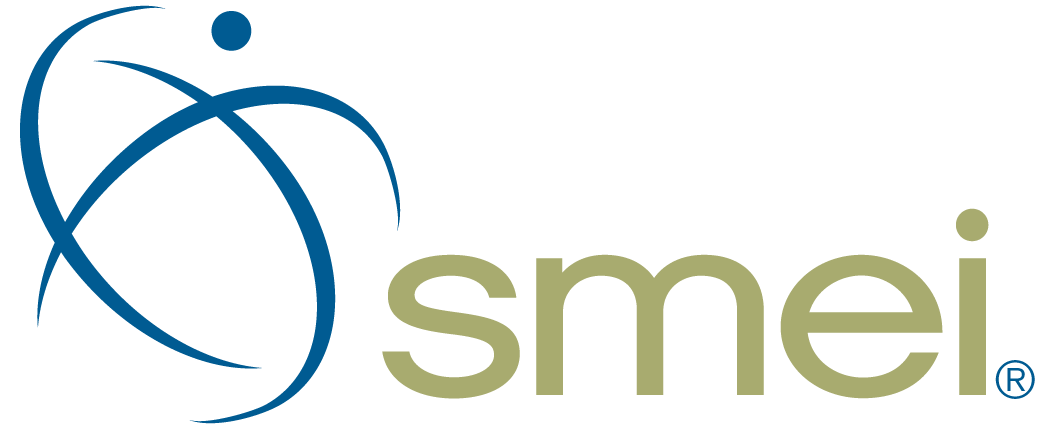Interview with Mhairi Petrovic of Outsmarts
Mhairi (va–ri)- is the President and Founder of Out-Smarts an organisation dedicated to working with clients to develop and implement marketing strategies that maximise on-line exposure. I had the chance to have coffee with Mhairi at the Wired Monk and ask her a few questions I had while trying to figure out this social networking stuff…..
C: Social networking seems to be blurring the lines between business and friendships. How do you, or should you, keep them separate?
M: Social networking is definitely blurring the lines and this is particularly true for younger generations as witnessed in the Facebook profiles of some of the party set who post drunken, half nude party pics – do they not realise that one of the first things that people do when recruiting is to check out candidate profiles in the social networks.
You should always stop to consider what you are posting in any of these networks. You are in control and you can add as much or as little information as you consider appropriate about yourself. Always find and use the privacy controls to limit access to your information as appropriate.
How you approach social networking depends on who you are and what you are trying to achieve. Many people are transparent and use each network they are present in to both keep in touch with friends, make new ones and to network or promote themselves professionally. Some may use Facebook to keep in touch with friends and LinkedIn as their professional network. Some only use one network. I recently podcasted with Rob Duncan from BCIT who has over 1.3m in his extended network and uses only LinkedIn to successfully promote his speaking and writing. Personally, I set boundaries for each technology I use. For example on Facebook I only add people that I know from the real world or whom I have met online through blogs or other forums that I know have a common interest whether it be social media marketing, Internet marketing or blogging. I use LinkedIn to network mainly with those I have or have had business relations with. For Twitter, I have a network of people who are my peers that I can learn from and spread the word to.
C: Can you have too many friends?
M: That depends on your goals. If you are trying to promote yourself, company or offering then the more people you have in your networks the better. If you are using these technologies to network with your peers and to learn it may be best to set limits as to who you will add (check out their profiles and content to see if they are in your industry and if their content / posts are valuable) because otherwise you might miss out on the gems. I wonder at how people can keep track Twitter posts if they have thousands of people they are following? It gets hard to sift through it all but it makes sense if you are looking to spread the word with as many people as possible.
I know some people who say you can never have to many friends and others who are very restrictive in the use of these keeping it only to people, it all comes down to what you are trying to get out of using these tools.
C: Why is twittering important ?
M: Twitter is a microblog where in 140 characters you can tell people what you are doing. Its similar to the status bar on Facebook. Use has evolved from people simply stating what they had for breakfast for example to using it as a promotional vehicle. Twittering is a great way to spread awareness of what you do, drive traffic to your website and to learn from your peers. Twitter is the 3rd or fourth biggest driver of traffic to the Out-Smarts site.
Being a boomer, or even an x or y some of us just aren’t that comfortable putting our life “on line”. Do you really need to to be successful at social networking?
No, off course not. If you are not comfortable with it don’t do it. Or if you want to learn start with one social network and find out more about it , get comfortable by looking at other people’s profiles, people you know and the content therein. LinkedIn is often a great place to start because people can relate to its resume format. You should look at social networks as a tool not as the be all and end all or as a threat. Do what feels right for you. And remember when you decide to test the waters, you are in control of what you put up there and you can (and should) always use privacy protection.
C: Is social networking a legitimate social skill ? and important in how people and businesses communicate?
Social networking is a legitimate tool to build your personal brand but as a social skill I am not sure. Perhaps for the younger generations it is but not yet for older demographics. Its not something that people should feel threatened by needing to do. 90-9-1 rule. Only 1% actually contribute regularly.
C: OK, I get how social networking can help an individual but how can it help my business?
M: Spread awareness, Listening – it’ s a great source of market research and means to find out what people are saying about you. Grow your network
Facebook pages.
Ads
MySpace Bulletins
Build Awareness
Get a Job
Mhairi will be our next breakfast seminar presenter on November 20th at the Sutton Place Hotel. To register for this event click here




